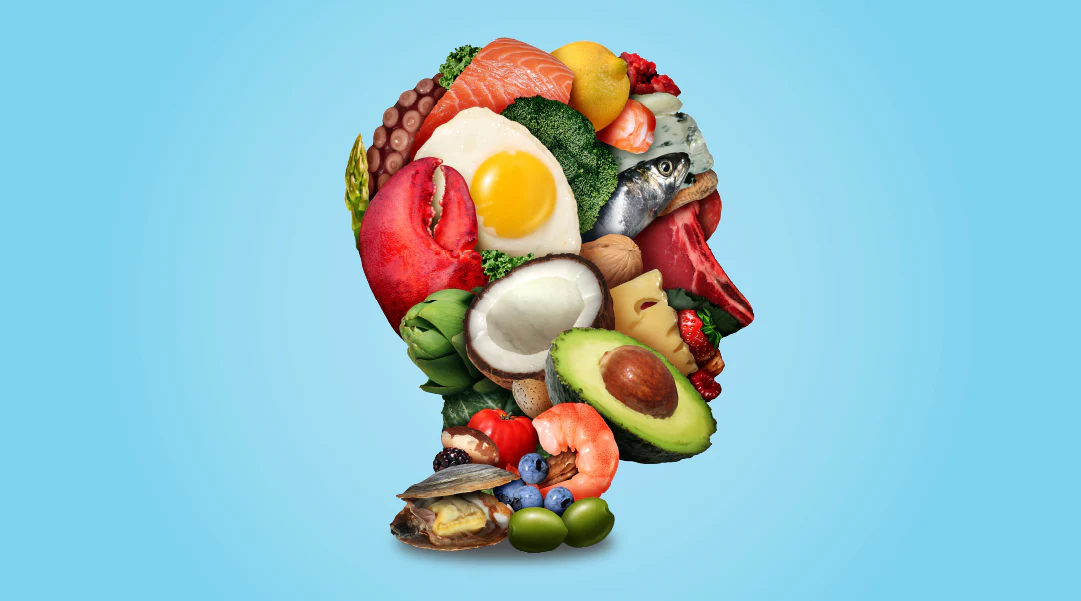Here are some healthy nutrition tips that can help improve your overall well-being:
1. Eat a variety of foods: Incorporate a diverse range of fruits, vegetables, whole grains, lean proteins, and healthy fats into your meals to ensure you’re getting a wide array of nutrients.
2. Stay hydrated: Drink plenty of water throughout the day to maintain hydration levels and support bodily functions.
3. Limit added sugars: Minimize consumption of foods and beverages with added sugars, such as sugary drinks, desserts, and processed snacks.
4. Choose whole grains: Opt for whole grains like brown rice, quinoa, oats, and whole wheat bread over refined grains for more fiber, vitamins, and minerals.
5. Include healthy fats: Include sources of healthy fats in your diet, such as avocados, nuts, seeds, and olive oil, to support heart health and brain function.
6. Watch portion sizes: Be mindful of portion sizes to avoid overeating and maintain a healthy weight.
7. Eat mindfully: Pay attention to hunger and fullness cues, eat slowly, and savor your food to avoid overeating and promote digestion.
8. Limit processed foods: Minimize intake of highly processed foods that are high in added sugars, unhealthy fats, and sodium.
9. Prioritize vegetables and fruits: Aim to fill half your plate with vegetables and fruits at meals to increase fiber intake and nutrient variety.
10. Plan and prepare meals: Plan ahead and prepare meals at home whenever possible to have more control over ingredients and portions.
11. Read labels: Check food labels for ingredients and nutritional information to make informed choices about what you’re eating.
12. Moderate alcohol intake: If you drink alcohol, do so in moderation and consider healthier options like red wine in moderation.
These tips can serve as a foundation for a balanced and nutritious diet, but it’s important to personalize your approach based on your individual dietary needs, preferences, and goals.





